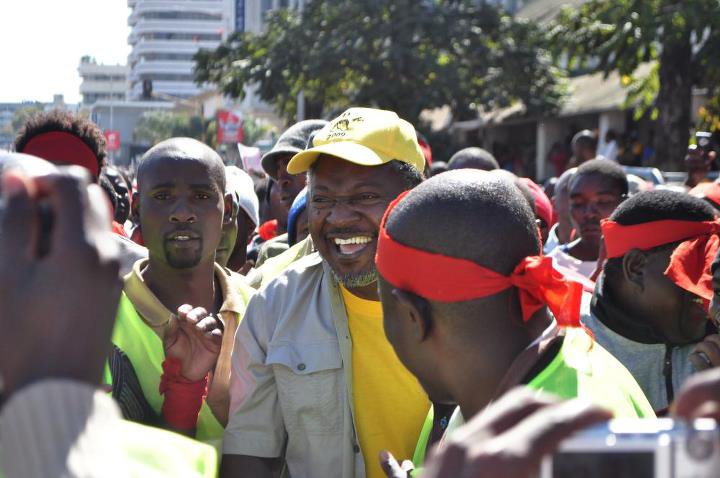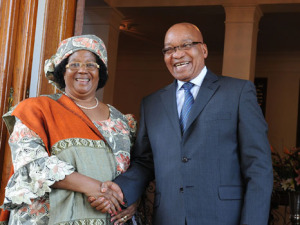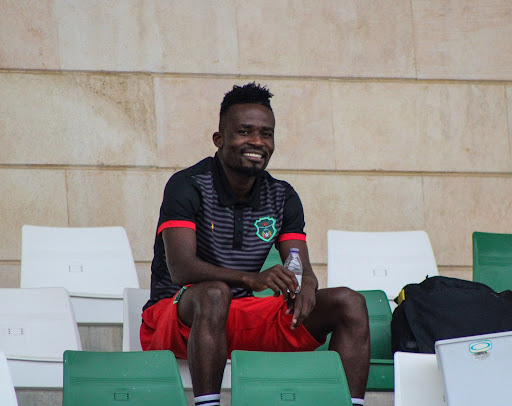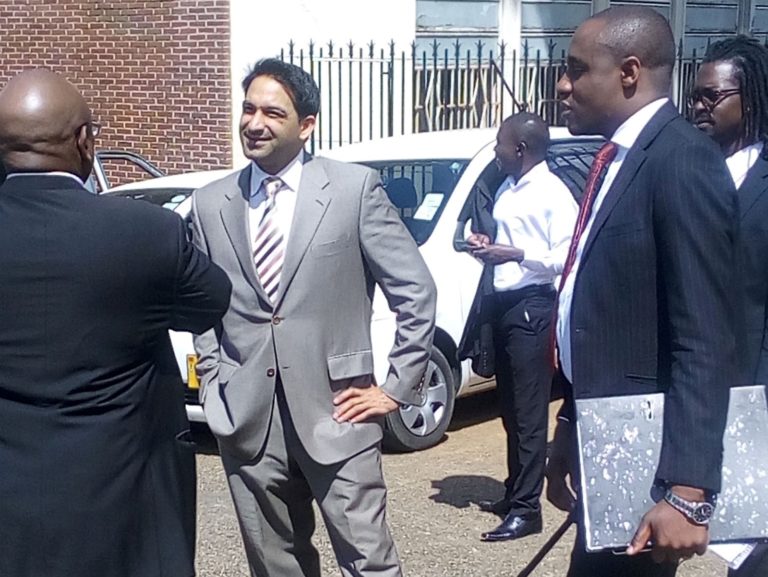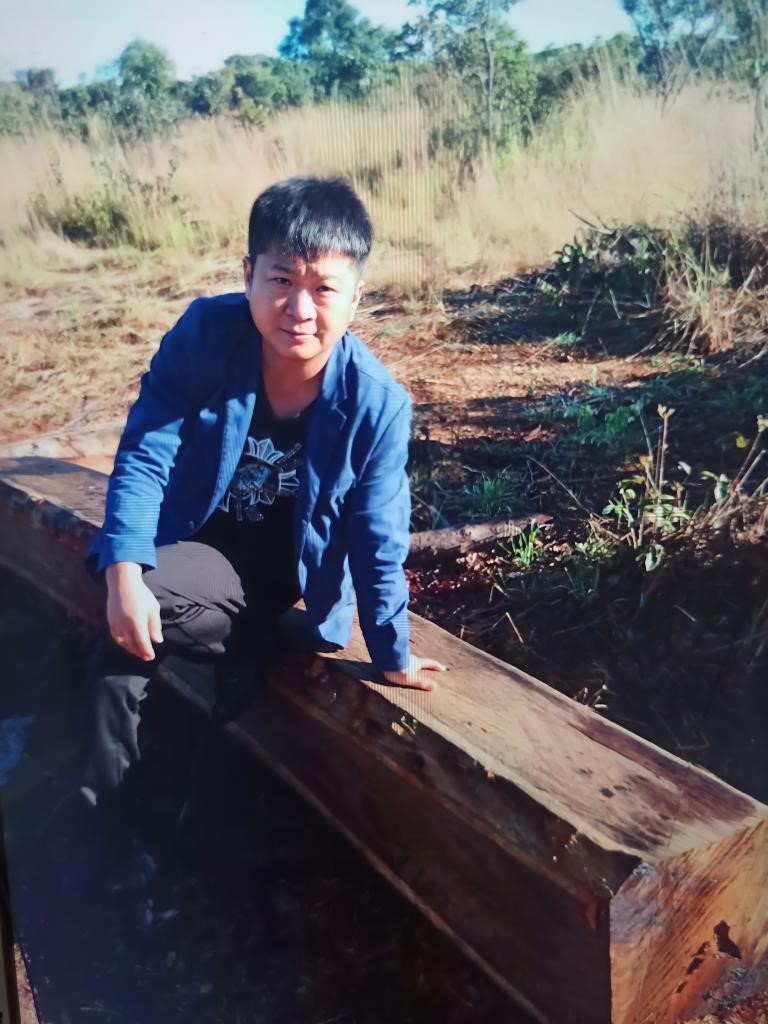BY MERCY CHAGUNDA-MATONGA
Former Vice President Cassim Chilumpha may finally be on the path to freedom from his high-profile and protracted treason case after the High Court ruled on Wednesday that it was ‘releasing’ Chilumpha from the charges.
However, the use of the word ‘release’ in the context of the charges has led to confusion among both parties involved in the case. As a result, the lawyers representing both the state and Chilumpha have requested clarification from the presiding judge, Ruth Chinangwa. It is expected that Judge Chinangwa will provide this clarification through a written statement to be delivered within the next two weeks.
Chilumpha has been under prosecution for the past 17 years after being accused of plotting to assassinate former President Bingu wa Mutharika when he served as Mutharika’s deputy in 2006. Chilumpha was arrested alongside businessman-turned-politician Yusuf Matumula.
In an interview, Chilumpha has already expressed his joy at the prospect of freedom, stating that the court has agreed to dismiss the criminal charges.
Chilumpha Excited
He said, “I am so excited about the judgment, and I am happy that this case was heard at the High Court. As of now, I can’t say much as I haven’t yet met my lawyer since the delivery of the judgment,” Chilumpha told PIJ.
The proceedings took place in the judge’s chamber on Wednesday.
According to a lawyer who attended the hearing, the state argued that the application to dismiss the case was made under the wrong provisions and should be rejected.
However, the judge appeared to agree with the state’s argument but questioned the delay in prosecuting the case.
As a result, the lawyer told PIJ that she “released the accused” unconditionally under Section 286 of the Criminal Practices and Evidence Court (CP&EC).
This decision prompted both sides’ legal teams to seek clarification from the judge, leading her to announce that a formal ruling would be issued within the next 14 days.
Chilumpha in the background picture
Mutharika and Chilumpha’s relationship soured shortly after both men ascended to the presidency in 2004 on a United Democratic Front (UDF) ticket. Both were hand-picked by then-outgoing President Bakili Muluzi and imposed on the party in retaliation to two failed bids of open and third terms that Muluzi launched through parliament to stay in power.
The two strangers would not turn into friends. While in office, Mutharika founded the Democratic Progressive Party (DPP), and Chilumpha refused to join the UDF stalwarts who switched to the new ruling party, remaining loyal to the UDF.
Despite their differences, the Vice President’s position is constitutionally protected, and only parliament can impeach him.
Mutharika’s new party did not have enough numbers in parliament to attempt such a move; instead, Mutharika went the legal route, asking the court to dismiss Chilumpha from his job, initiating a legal case alleging that his deputy had, in effect, resigned constructively from his office.
Chilumpha Compensation Claim
The decision to dismiss the case will likely lead to a significant compensation claim from the former Vice President, who spent years fighting to clear his name and was never allowed to carry out his duties as Vice President. Chilumpha stated that he would discuss this matter with his lawyers.
Court documents signed by Supreme Court and High Court Registrar Kondwani Banda indicate that a hearing on the matter took place on Thursday after Chilumpha’s lawyers moved to dismiss the case.
State lawyer Dziko Malunda confirmed the court’s ruling on the matter but referred PIJ to the Director of Public Prosecutions (DPP), Masauko Chamkakala, for further details.
Chamkakala stated that he could not provide a comment as he had not yet received updates from his legal team regarding the case.
“Unfortunately, I don’t have that official report on the case; I am yet to get a report from the officers who went to court,” said Chamkakala.
The Attorney General, Thabo Nyirenda, who may be subject to legal action concerning the case, confirmed that the DPP’s office had briefed him but was unaware of any ruling.
“The DPP’s office had debriefed me, but I am unaware of any ruling,” said the Attorney General.
Former president Bingu wa Mutharika
State Insisted, Had a Strong Case
Despite the state’s assertion that it had a strong case on the treason charges, several of Mutharika’s successors have maintained the charges against Chilumpha, despite his changing political affiliations over the years.
According to the state’s charges, the key witness was Thomas Ndlovu, a South African-based Malawian national who proposed to Matumula the idea of assassinating Mutharika for Chilumpha to take over.
The two allegedly met Chilumpha at the vice president’s official residence, Mudi Residence, and discussed the assassination plan, with Ndhlovu reportedly recording the conversations.
The government has invested significant resources in prosecuting the case, including hiring UK-based Queen’s Counsel, Anthony Berry, to handle the legal proceedings.
The case has gone to both the High Court and Constitutional Court, and the government has also provided allowances to investigators for foreign research.
According to The Nation newspaper, by 2013, the government had spent K200 million ($487,804) on the case. According to The Nation, Berry alone claimed £158,227.22 (approximately K70 million at the June 2012 exchange rate and around K110 million at the current exchange rates) in legal fees for the previous year alone. Given the passage of ten years and inflation, the current costs are likely much higher.

